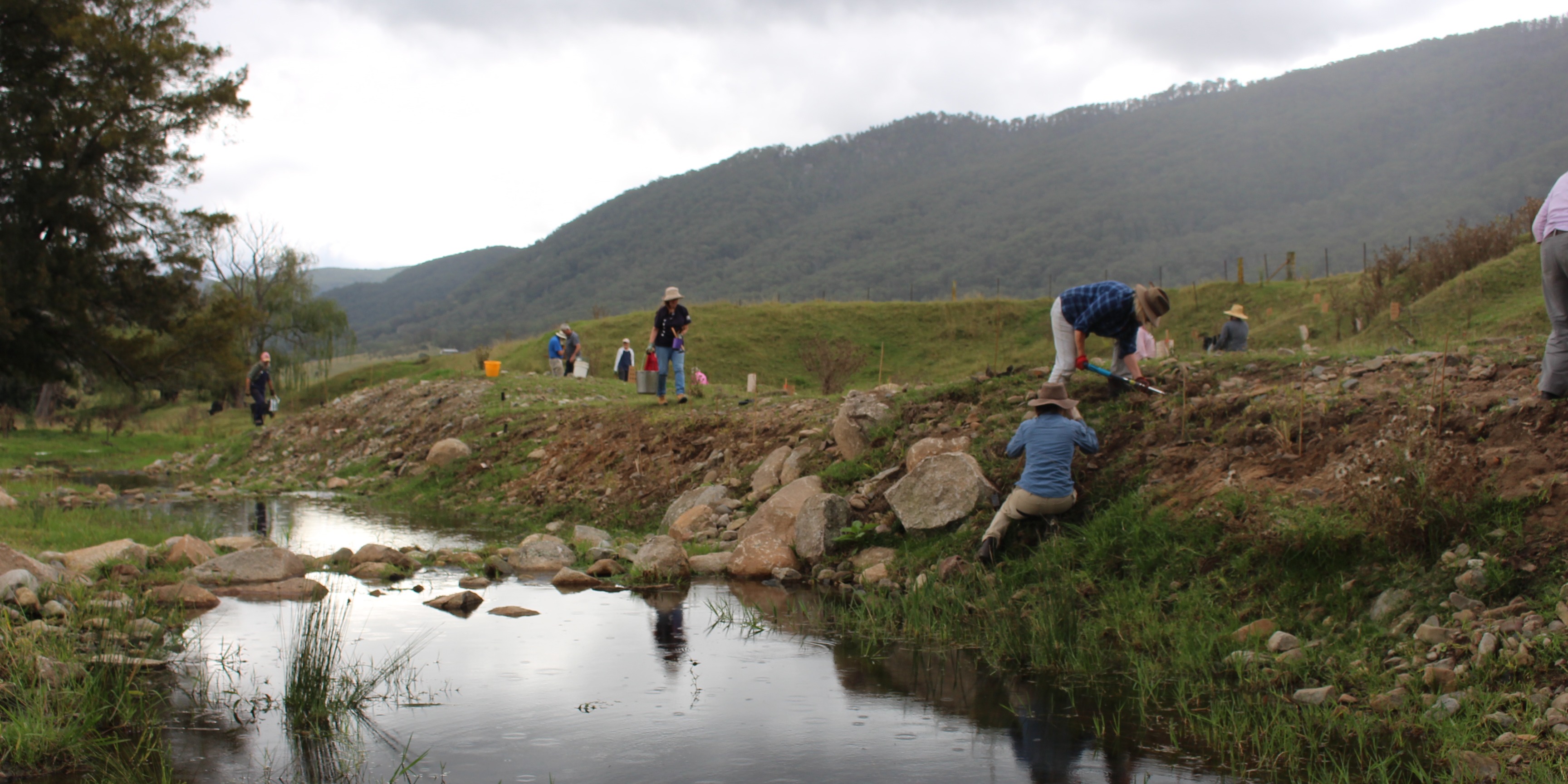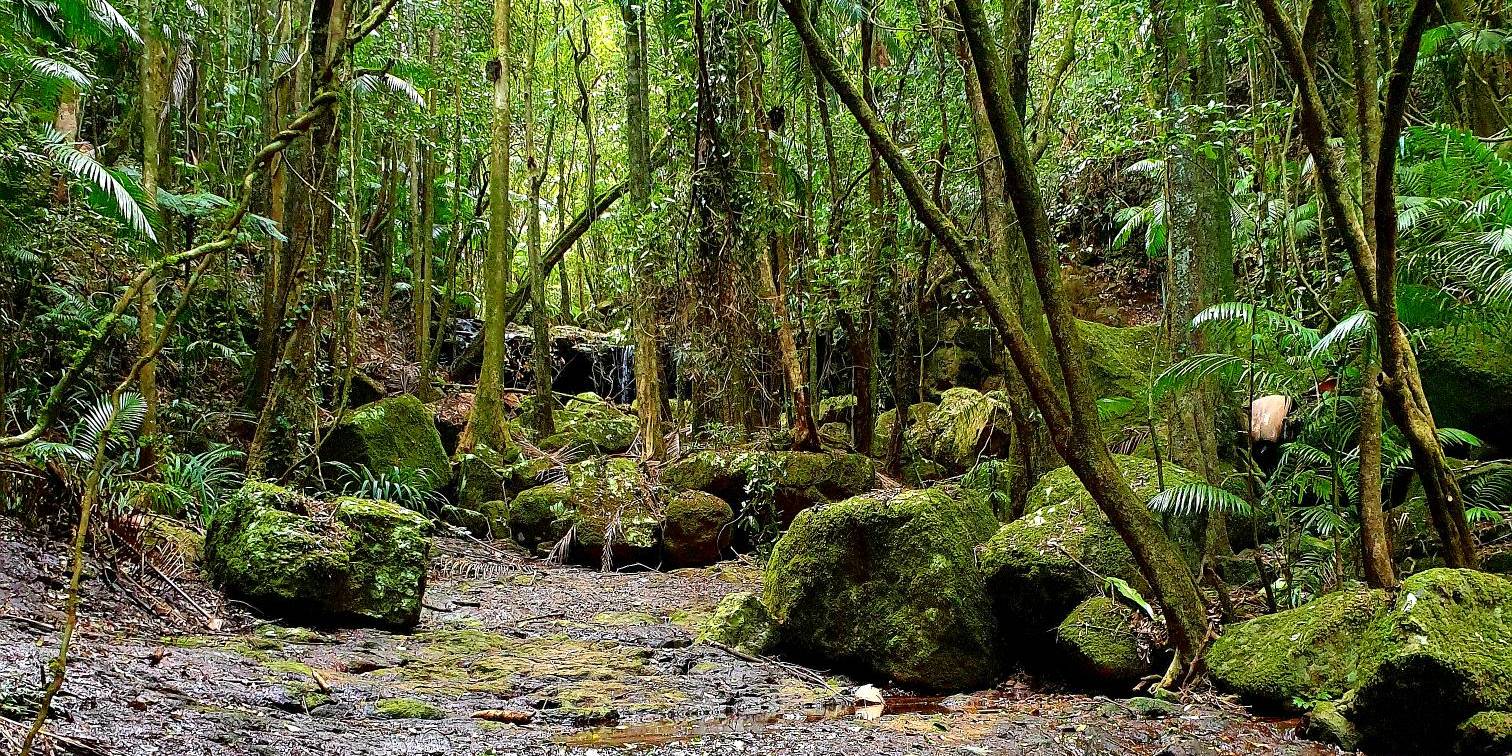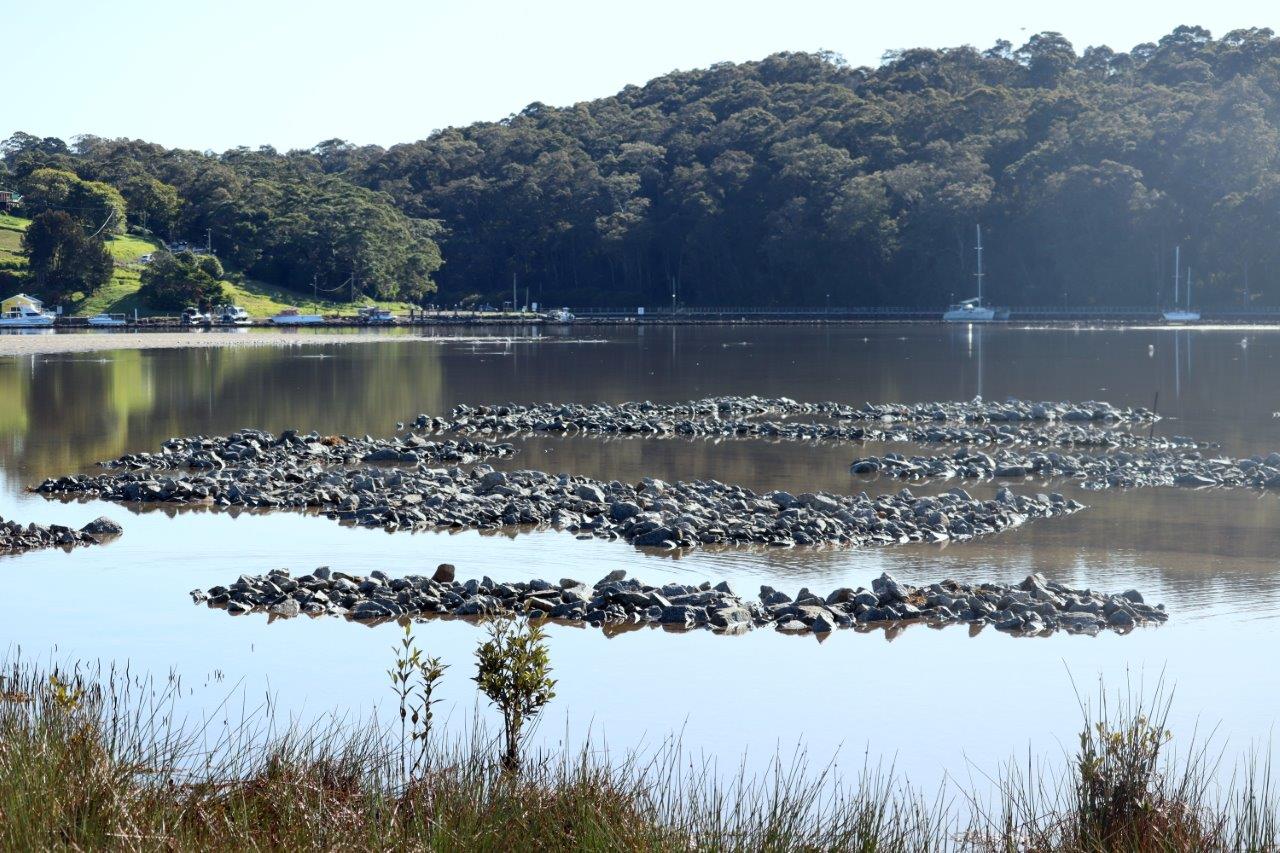About This Case Study
Heat, bushfire, flooding, extreme weather
Community, households
Research
Mental health impacts can affect even the strongest and most resilient communities and individuals
Exploring the links between climate change and mental health is essential to our understanding of how individuals and communities are experiencing climate change... We have identified evidence that policy makers can use to work towards addressing some of the biggest health threats humanity has ever faced. This work will inform policies and pathways to increase adaptability and resilience in communities across the State.
- Dr Jo Longman, Senior Research Fellow, University Centre for Rural Health, University of Sydney
It is now widely acknowledged that traumatic events relating to climate change such as flood, prolonged drought and fire can have devastating impacts on both mental and physical health.
Impacts such as depression and anxiety and extreme stress are seen throughout stricken communities, with emergency workers and volunteers often the hardest hit.
Dr Jo Longman is a senior research fellow at the University Centre for Rural Health (part of the University of Sydney to investigate the relationships between negative climate change impacts and emotional wellbeing.
Dr Longman said anxiety, depression and post-traumatic stress disorder are more likely in individuals who have experienced severe weather-related events compared to those who have not. Vulnerable groups including people who are socio-economically disadvantaged and socially marginalised are more at risk of these kinds of negative mental health outcomes.
Climate change has crucial environmental, social and economic consequences, and there are important regional variations in impacts and the vulnerability of communities.
Results from these studies are informing policies and pathways to increase adaptability and resilience in communities across the State. The focus will be on community development; identifying, classifying and monitoring climate change impacts and wellbeing. Without such a process it will be difficult to develop policies and pathways to increase adaptability and resilience.
In 2017, cyclonic rainfall brought devastating flooding to the Northern Rivers of NSW. At the time there was little known about potential impacts on mental health and wellbeing.
The University Centre for Rural Health worked with the community to measure impacts on wellbeing and mental health for six months after the floods. More than 2500 people responded to the centre’s survey and results showed that the greater the immediate impact from the floods and the longer any displacement or interruption of normal live, the higher the likelihood of mental health impacts.
Relationships between such things as the degree of the impacts, preparation beforehand, mitigation and warning systems cross over with the level of personal and community resilience. Examining these relationships was designed to better inform existing and future service provision in response to national disasters.
It was clear that greater public education is needed around preparing for and evacuating from floods. Information communication is essential, information that is consistent, accurate, timely and accessible.
Support is also needed for people dealing with bureaucracy for the first time – insurance claims, applying for government and charitable support, applications for rebuilding.
With increased recognition of the ‘normality’ of negative emotional and physical reactions after severe trauma, the recent summer bushfires saw services emerge to help those feeling the impacts who might be at risk of increased use of alcohol, drugs or even self-harm.
Government support saw counselling available free of charge for all people – not just frontline workers – in fire-affected areas, identifying that reactions such as anxiety, confusion, sadness, numbness can be diagnosed and treated.
This project was funded NSW Government through the Human Health and Social Impacts node.



